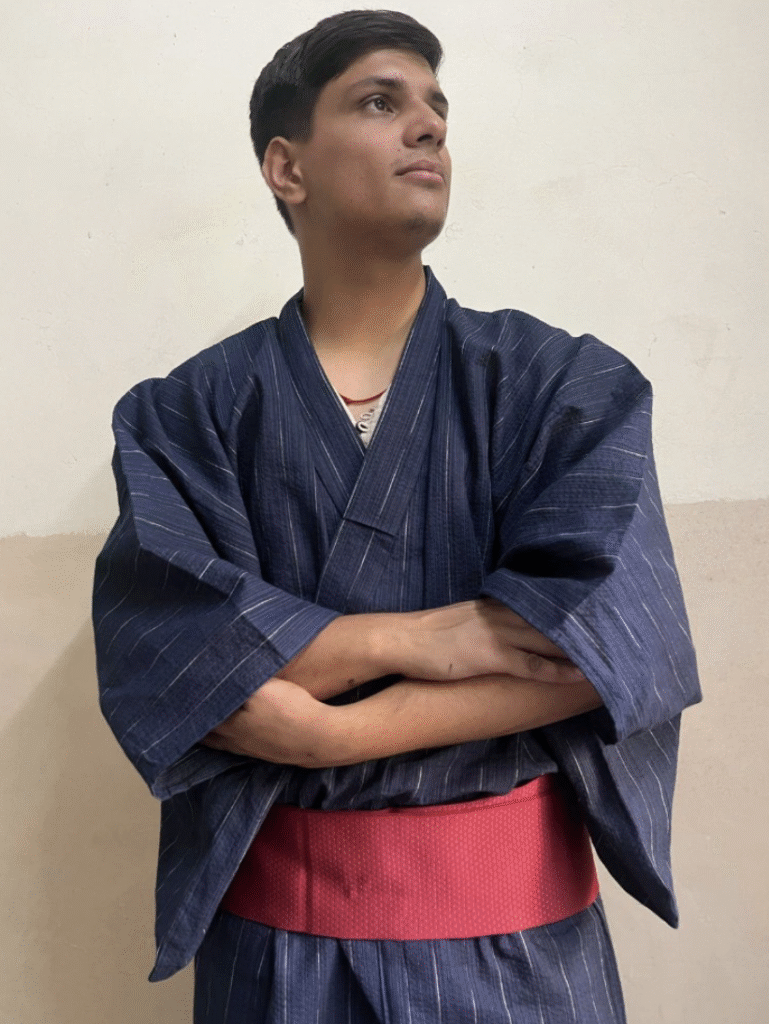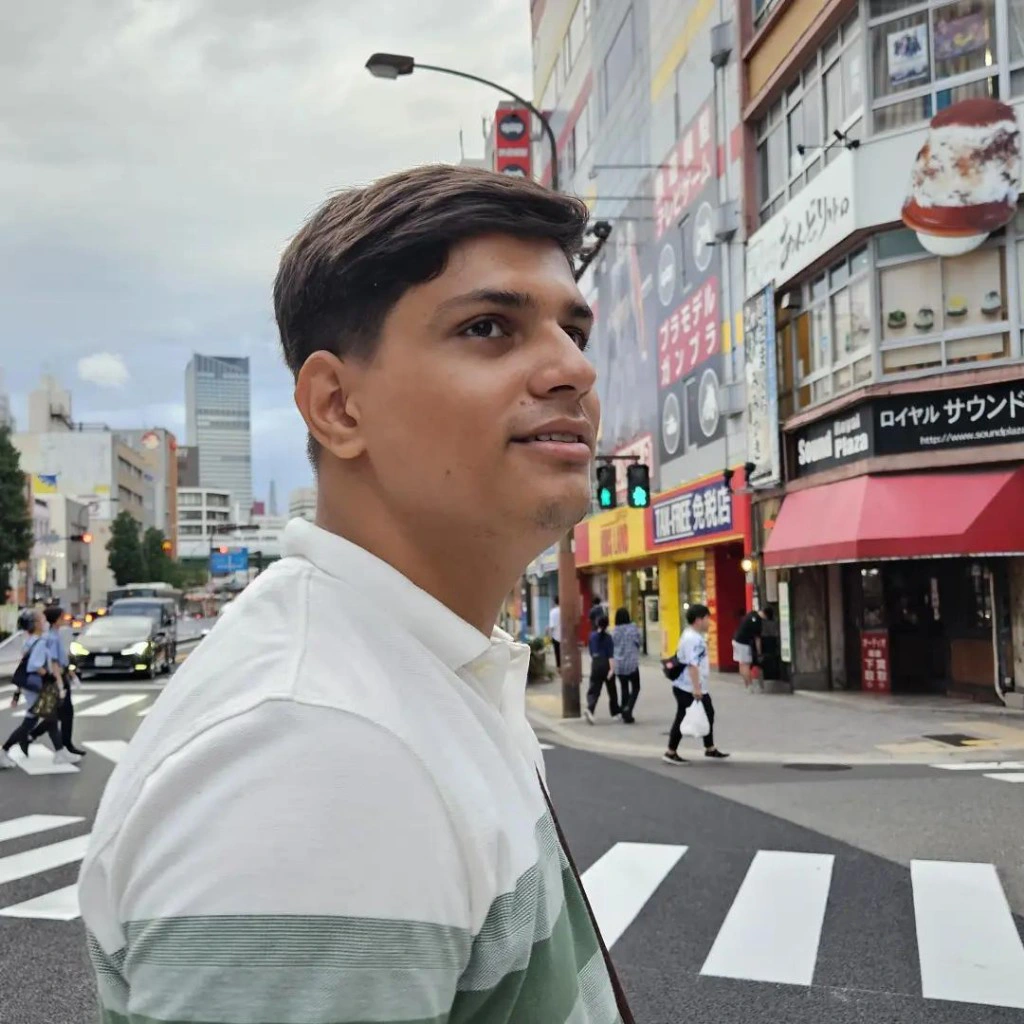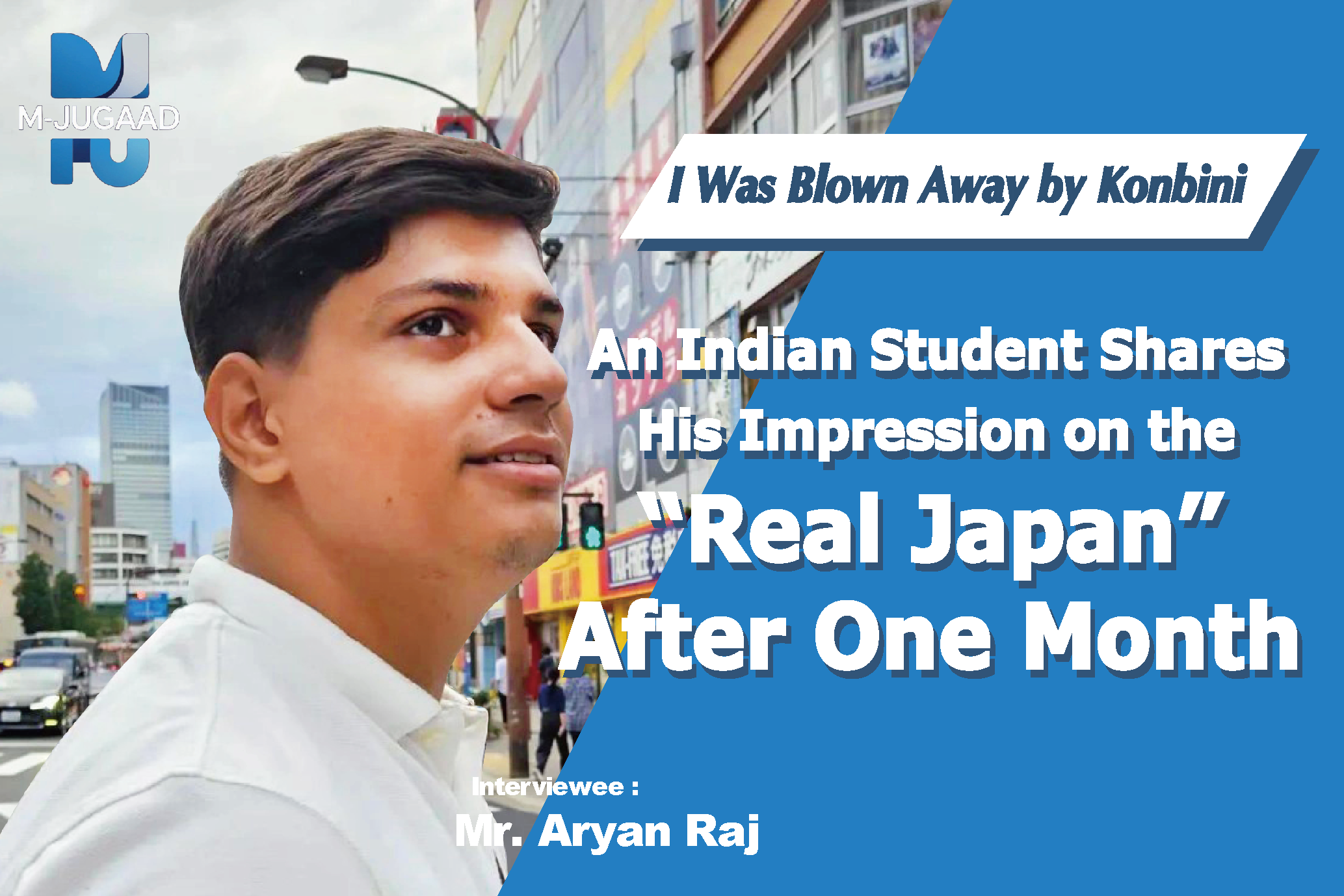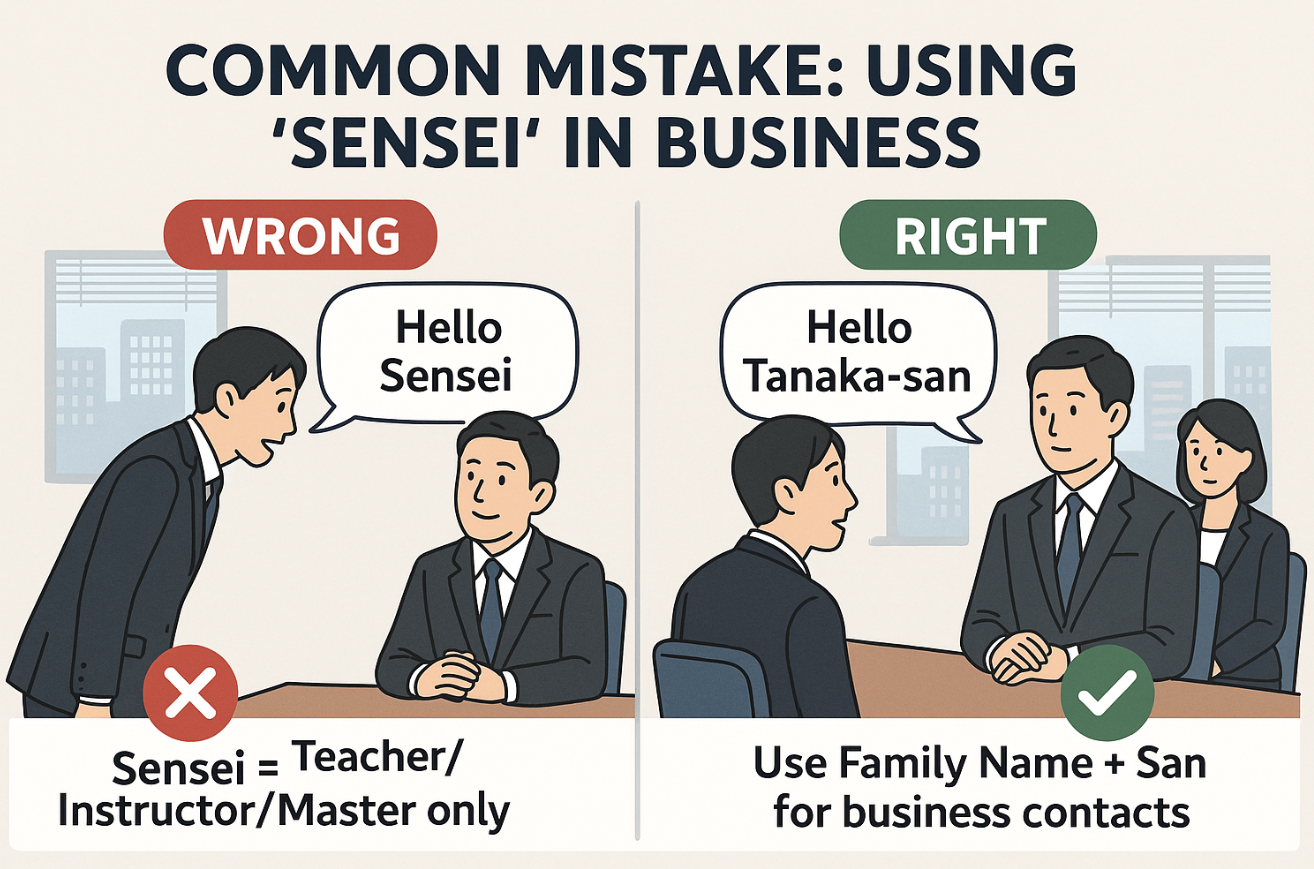We had the opportunity to interview Raj, who recently came to Japan as an exchange student, about his impressions. What emerged were feelings of surprise and a sense of loneliness stemming from the differences he experienced after arriving. We have summarized the points that left a particular impression.
Life in Japan and the Motivation for Studying Abroad
Raj’s father served in the Indian army, and his work gave him experience living in and visiting many different places. Through these experiences, his father encountered various languages and cultures, which sparked Raj’s interest in language study.

Thank you for your time today! I hear you’ve been in Japan for about a month now. How are you settling into life here?

Yes, I’m getting used to it little by little! Every day is full of new discoveries.

That’s great to hear! So, what first sparked your interest in Japan? I know you were interested in learning languages.

It was largely because of my high school teacher. He taught us a lot about Japan, and his Japanese was incredible! I knew there weren’t many opportunities to speak Japanese in India, so I felt that coming to Japan would be the best way to become fluent naturally.


Japanese Kindness and “Emotional Distance”

I see, so a passion for languages brought you to Japan! What has been the biggest gap between your expectations and the reality of living here?

Before I came, I just had this image of Japan being a “wonderful country.” And in one sense, that image was spot on—Japanese people are incredibly kind!

Kind, you say!

Yes! The other day, I was trying to get to a secondhand store called BookOff, but my SIM card wasn’t working and I got completely lost. A woman noticed I was in trouble, came up to me, and actually walked me all the way to the store. I was so moved and thought, “So this is Japanese kindness.”

That’s remarkable. But you mentioned there was also a gap?

Yes… There was also a gap that made me feel a bit lonely. Compared to India, Japanese people seem a little more introverted, and I feel like it takes a bit longer to form close friendships. It’s more than a language barrier; sometimes it feels difficult to close that emotional distance.

Have you been able to identify what creates that distance?

I’m not entirely sure. Maybe it’s cultural differences in how people express themselves, or perhaps different expectations about friendship. In India, relationships tend to form more quickly and openly. Here, it feels more gradual and reserved.
“This is Insanely Convenient!” The Shock of Japanese Convenience Stores


I’m sure you’re discovering new things in your daily life. What’s the one thing that has amazed you with its convenience?

Oh, that’s easy: the convenience stores, the konbini! Japanese convenience stores are absolutely amazing!

What about them impressed you so much?

First of all, the selection is unbelievable! They sell everything from socks to shirts. In India, we have great delivery services like Blinkit, but the konbini is on a completely different level. You can find almost anything you need for daily life just a short walk away. You can withdraw money from an ATM, make photocopies… It’s honestly like a magic shop! My personal favorite is FamilyMart.

So you’re a FamilyMart fan! What do you miss most from India in terms of daily convenience?

Definitely UPI—our Unified Payments Interface for mobile payments! In India, almost everything can be paid digitally. But here in Japan, there are still many places that only accept cash, which sometimes catches me off guard. Other than that, everything here is incredibly well-organized.
A Message for Future Students from India

Lastly, what advice would you give to students in India who are thinking about studying abroad in Japan?

Raji san
If I could give just one piece of advice, it would be this: study at least a little Japanese before you come. There are many programs in Japan where you can study in English, but being able to have daily conversations in Japanese will make your personal life so much more enjoyable. You’ll have more opportunities to make friends, get a part-time job, and connect with Japanese people.

How much Japanese would you recommend learning before arrival?

Raji san
Enough to handle basic daily situations—ordering food, asking for directions, introducing yourself. If you can’t speak any Japanese, life here can suddenly become very difficult, and some people even end up going home because of it. It’s such a waste. Listening to podcasts, reading books… just engaging with Japanese every day, even for a little bit, is the surest way to have the best possible study abroad experience.

Your honest words will surely encourage many future students. Thank you so much for sharing your valuable story with us today!

Through this interview, we were able to hear Raj’s genuine feelings and honest impressions both the surprises and the struggles—that often go unspoken in polished study abroad stories. His experience reminds us that cultural adjustment is never just about language proficiency or practical convenience. It’s about navigating the invisible emotional landscape that exists between cultures.What struck me most was Raj’s ability to appreciate Japanese kindness while simultaneously acknowledging the loneliness he feels. This kind of honest reflection holding two seemingly contradictory truths at once—is what makes his story so valuable for future students considering Japan. His words serve as both encouragement and a realistic preparation guide: Japan will amaze you, challenge you, and sometimes leave you feeling isolated, all at the same time.We’re grateful to Raj for sharing his unfiltered perspective. His willingness to discuss not only the “magic” of convenience stores but also the emotional distance he struggles with offers a more complete picture of what studying in Japan truly entails. We wish him all the best as he continues his journey here.


コメント